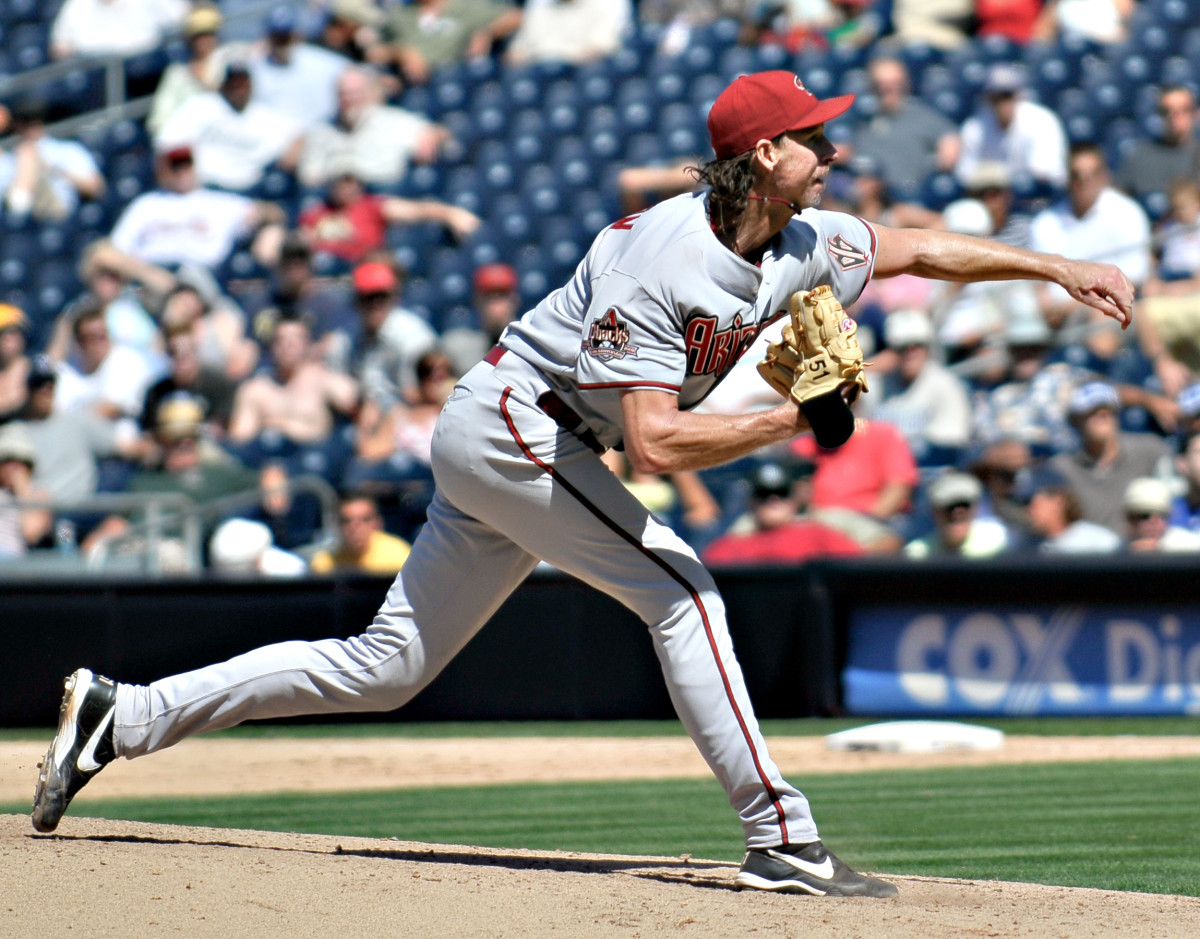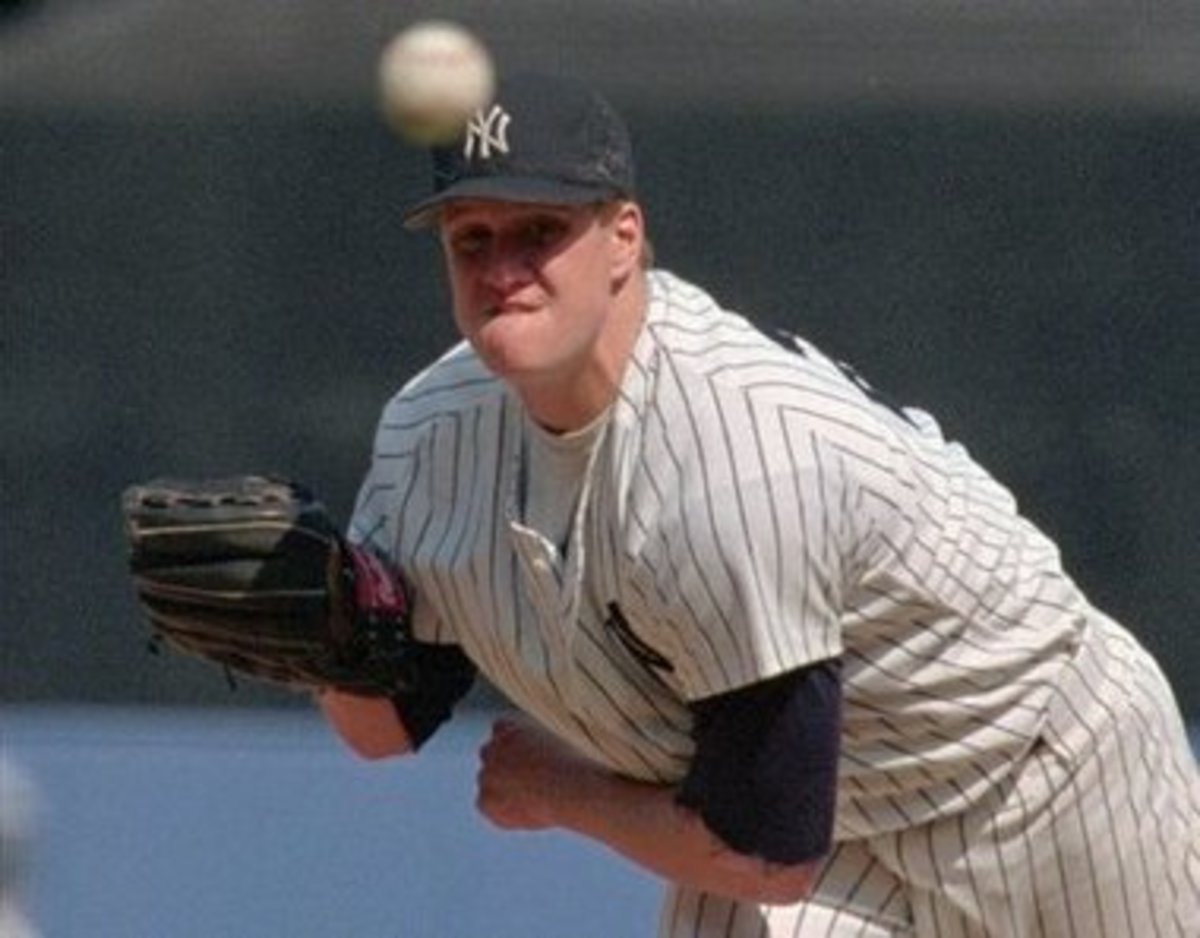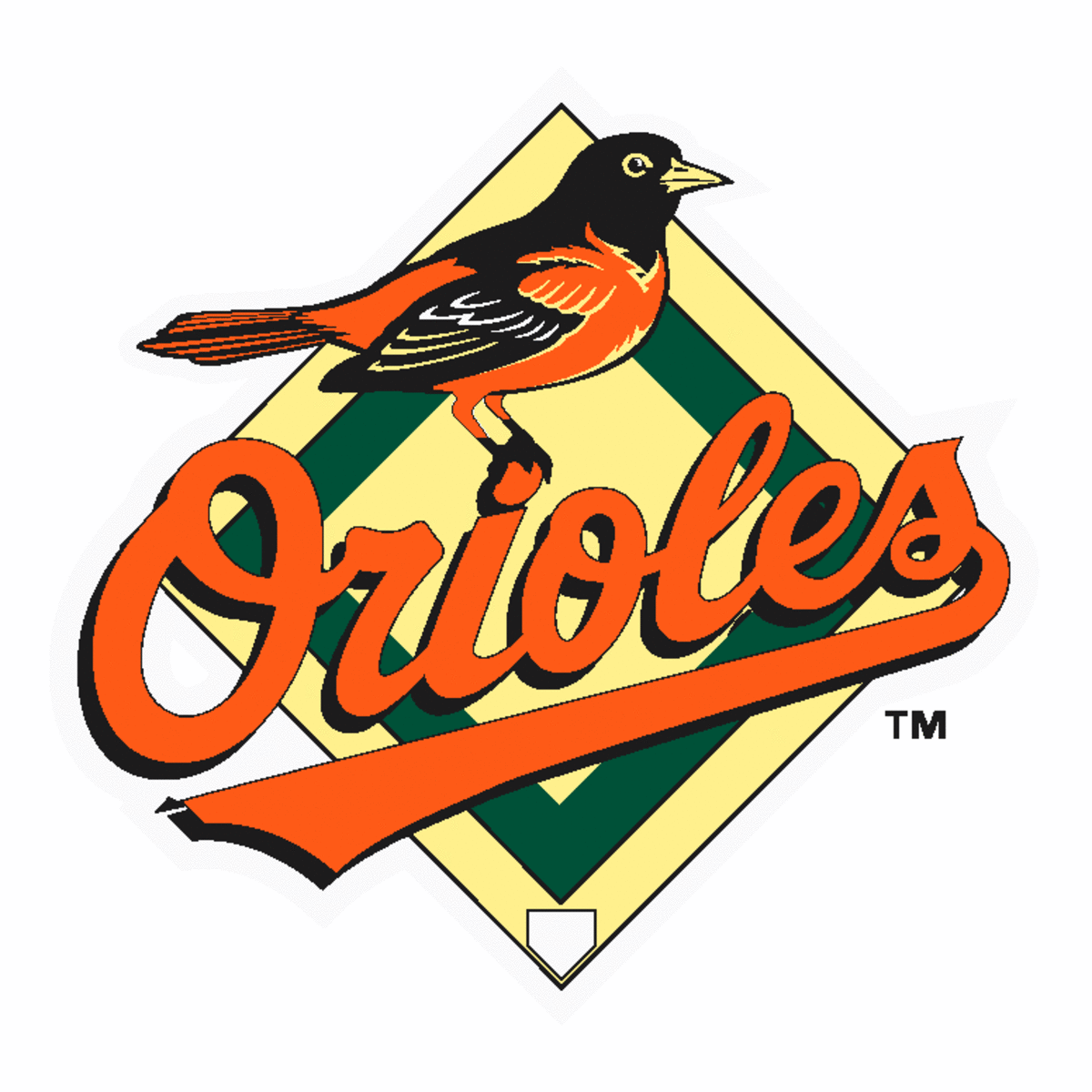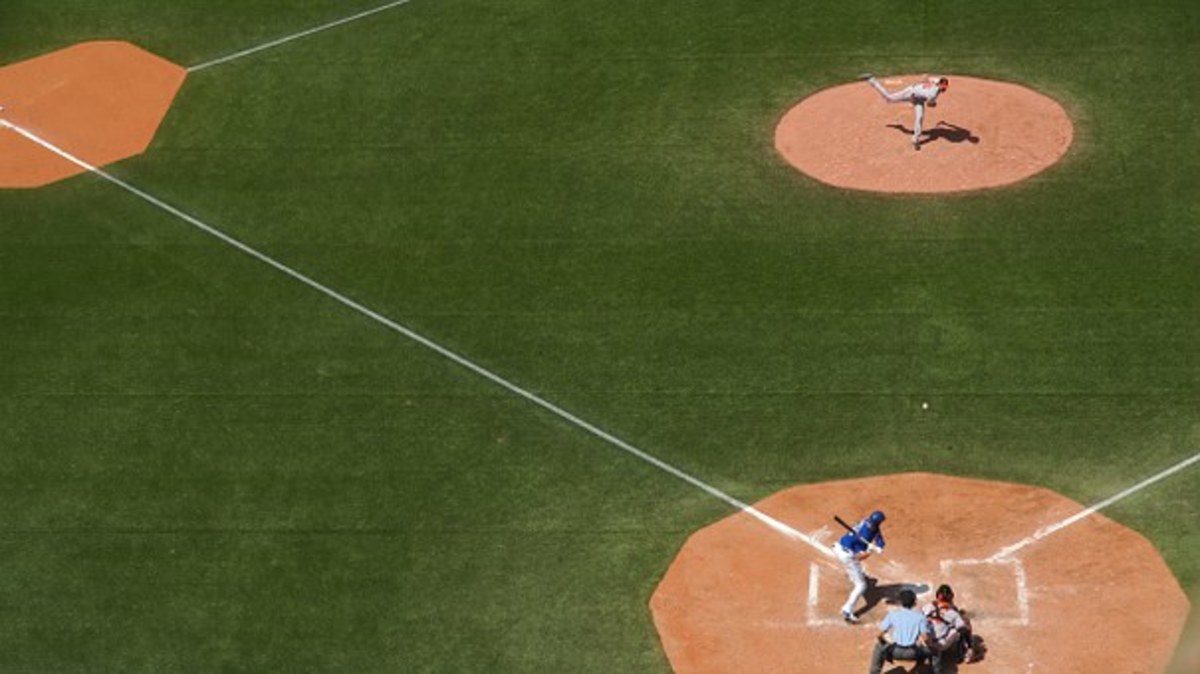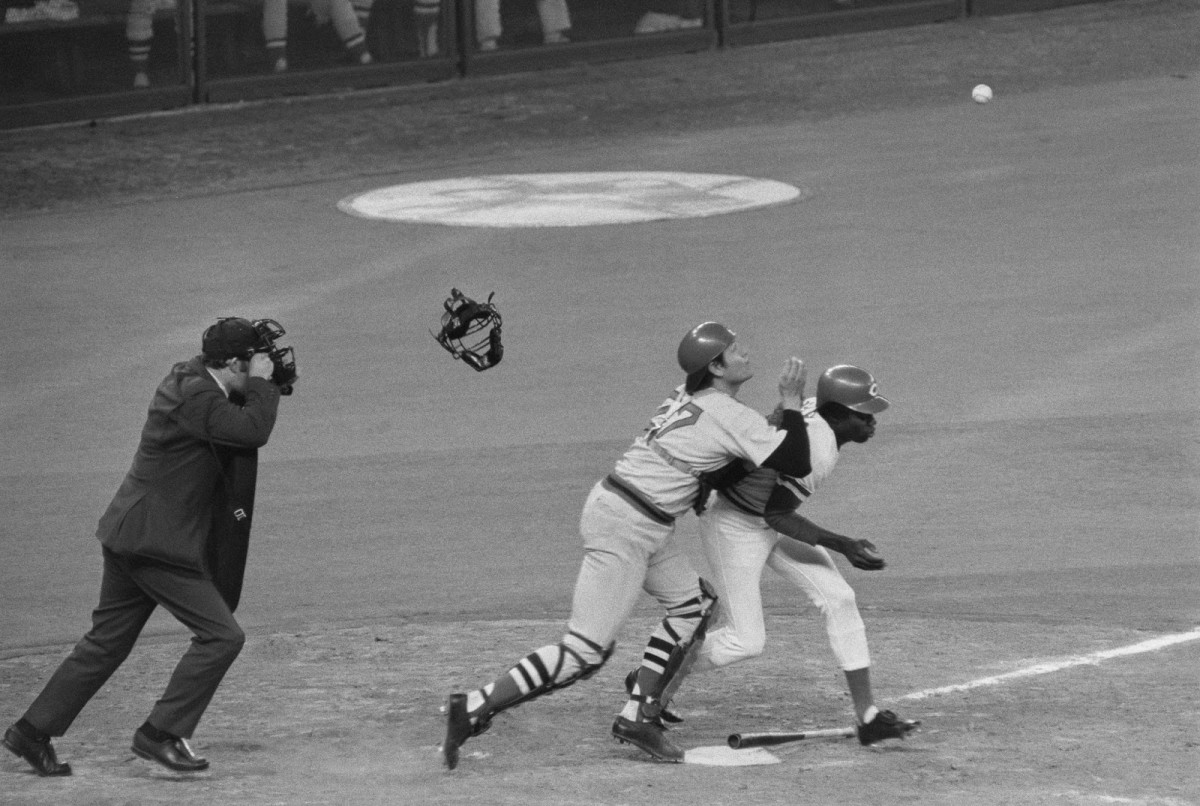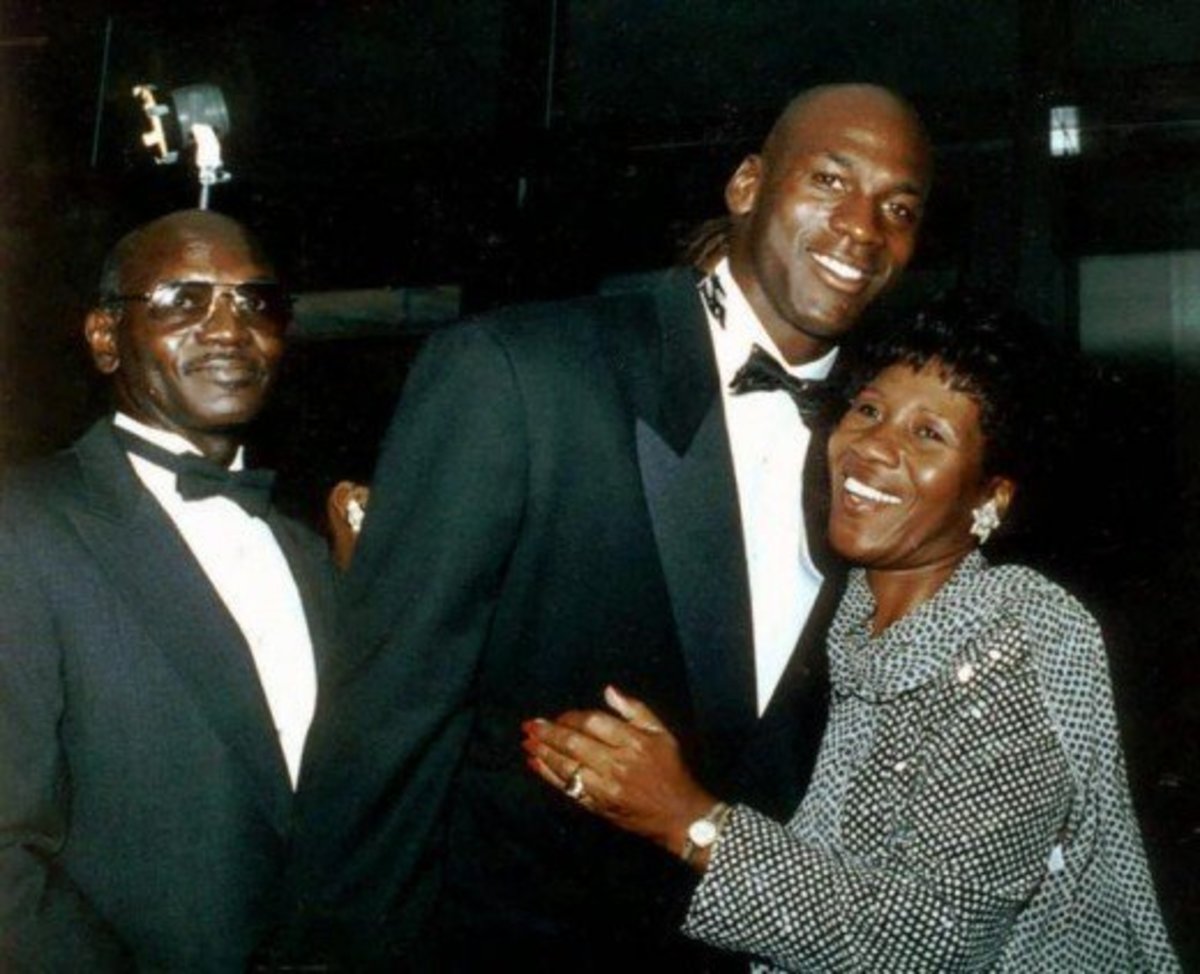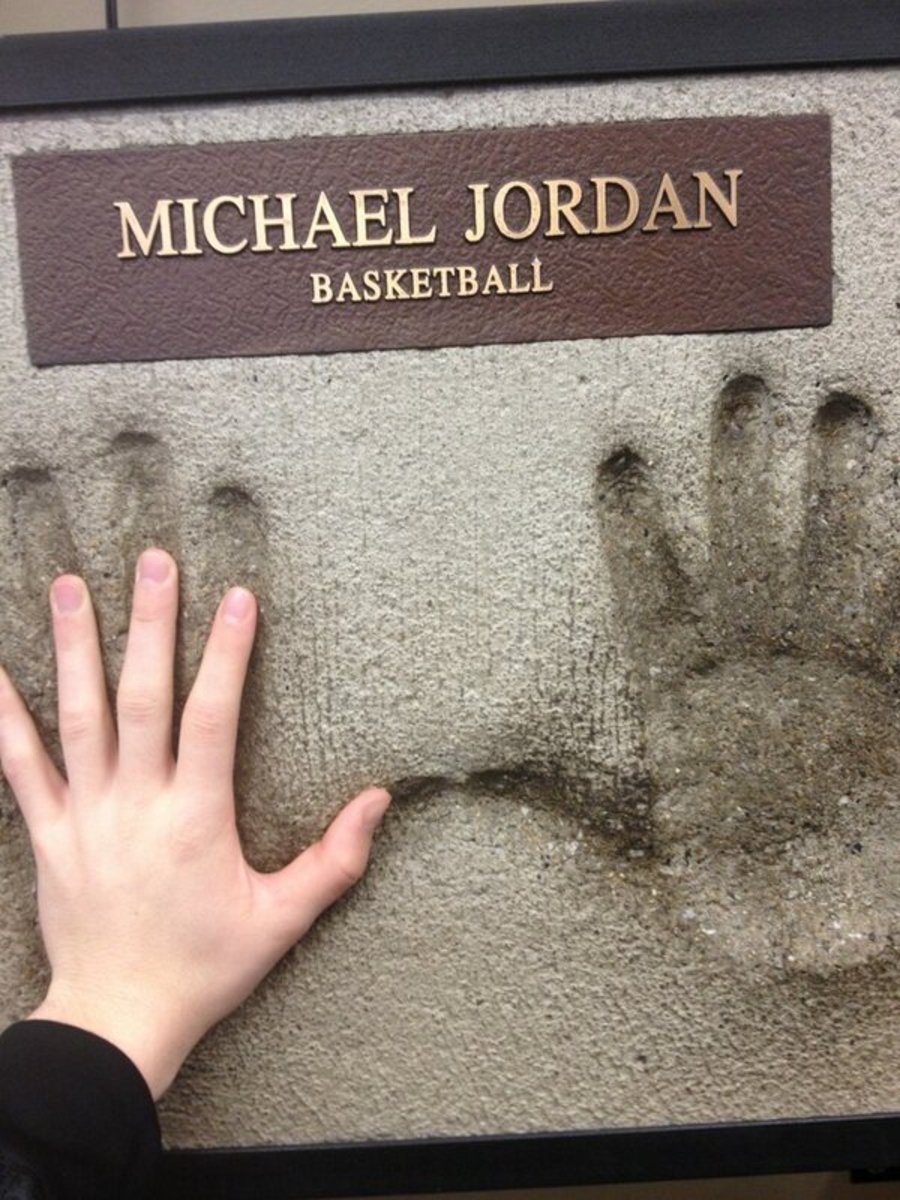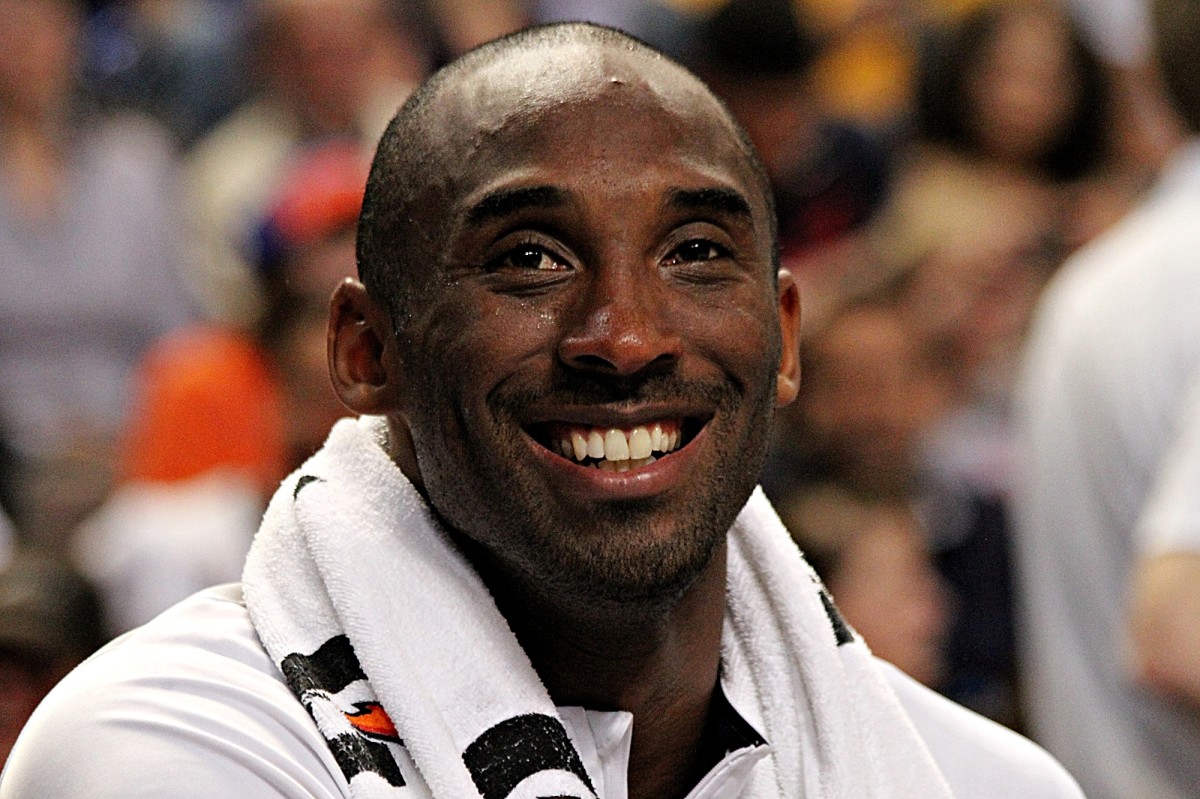"The Oriole Way", Baltimore's Nostalgia
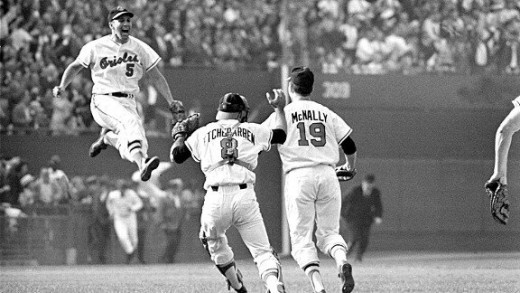
“The Oriole Way”, the tradition of excellence on the field as practiced by the Baltimore Orioles two generations ago, is still visible in the ballpark. The problem is that it’s being exercised at the Ripken baseball camp for kids instead of the Orioles organization where it originated. From the 1960’s through the early 1980’s, the Baltimore Orioles followed a playing ethos that made them one of the winningest teams in Major League Baseball. Today, that modus operandi is gone and the Orioles sit ignominiously at the bottom rung of professional baseball.
Cal Ripken, Sr., a celebrated Oriole lifer and practitioner of “The Oriole Way”, used to say “It’s not practice that makes perfect, but perfect practice that makes perfect”. Employing a bottom-up, organization-wide strategy, Baltimore created a playbook philosophy that delivered consistency for nearly two decades across a succession of owners, front office executives and managers. The process would begin with shrewd scouting and then follow by strong talent development across the farm system.
The Orioles were one of the first teams to utilize psychological tests on candidates. Players were selected based on their attitudes as much as their athletic abilities. Soft strengths like intelligence, teachability, and personal habits were as important as the tangible skills of hitting, running, and ball handling. Once on board, recruits were trained and built for their individual roles using the same fundamentals regardless of their affiliation. Every member was expected to read and absorb the same detailed, position-by-position manual that outlined how the game should be played. The “Oriole Way” wasn’t about beating yourself, but about standardizing and elevating the team’s performance. Games were won on mistakes of the other side, rather than on individual sparks of brilliance.
From 1968-1985, the Mid-Atlantic ball club enjoyed 18 consecutive winning seasons...
Instructors and scouts had their own set of manuals too. With every coach teaching the game the same way, replaceability on the field became relatively seamless. By the time a player came up to make his debut at a major league game, he was already schooled in the “Oriole Way”, or essentially armed with the sport’s highest professional grade. This methodology rendered more than just good squads, but it created a good organization all-around.
From 1968-1985, the Mid-Atlantic ball club enjoyed 18 consecutive winning seasons with their worst year at .516. The Orioles made six World Series appearances and won three (1966, 1970 and 1983). While the franchise wasn’t a dynasty during its glory years, the team embraced a winning model as if they actually were a dynasty. The Orioles’ disciplined farm system helped shape some of the best young athletes in baseball.
At least five players rose from the lower ranks to be named American League Rookie of the Year: Ron Hansen (Short Stop, 1960), Curt Blefary (Outfield, 1965), Al Bumbry (Center Field, 1973), Eddie Murray (First Base, 1977) and Cal Ripken, Jr. (Short Stop / Third Base, 1982). On the mound, four pitchers went on to earn six Cy Young Awards: Jim Palmer (1973, 1975 1976), Mike Cuellar (1969), Mike Flanagan (1979) and Steve Stone (1980).
Earl Weaver's maxim was already established: pitching, defense, and 3-run homers...
Earl Weaver, Manager of the Orioles from 1968-1983, didn’t invent the “Oriole Way” but he mastered its application. The actual player development scheme was created by Paul Richards, General Manager in the 1950’s, and Jim McLaughlin, scouting and farm director. Despite clashing egos that made for a fraught relationship, the two were committed to the success of the franchise and by 1960 the Orioles became pennant contenders after posting 5 disappointing seasons. Focusing on recruiting and developing talent within the organization, they established a minor league training camp in Thomasville, Georgia, where hundreds of young hopefuls tried out for 8 different Oriole farm clubs. At night, the staff would meet in a conference room called “The Bird’s Nest” to make the cuts. Weaver, a minor team manager at the time, was camp director.
Weaver succeeded Hank Bauer as Baltimore’s Manager and was the youngest to hold that position in the AL. The team had captured their first Fall Classic two years earlier by sweeping the favored L.A. Dodgers, but then slumped to a 76-85 losing season before Weaver took over. A combative skipper who was notorious for heated exchanges with umpires, Weaver already knew most of the players on the roster after guiding six different Oriole minor teams and winning three titles. His maxim was already established: “Pitching, Defense, and Three-run Homers”.
Weaver didn’t subscribe to ‘small ball’ tactics such as stealing bases and sacrificing bunts. Instead, he stuck to a larger and more impactful strategy with an emphasis on protecting the 27 outs that a team is allocated and whittling down those of the opponent as quickly as possible. “If you play for one run that’s all you’ll get”, he would say. The Missouri native is also credited with being the first major league coach to employ computerized records to optimize batter and pitcher matchups. But unlike Billy Beane’s famous use of sabermetrics with the Oakland A’s in the early 2000’s, Weaver actually won championships.
The Orioles were more than just a winning team, they were a successful organization...
Baltimore’s farm system proved to be more than just an influential training ground for future players. Besides Weaver, a host of other instructors came up through the Orioles organization to manage big league teams. They included George Bamberger, Billy Hunter, Clyde King, Jim Frey, Darrell Johnson, Joe Altobelli and Cal Ripken, Sr. In the front office, the franchise helped mold the executive careers of Harry Dalton, Lou Gorman, Frank Cashen, Hank Peters, John Hart, and John Schuerholz. More than anything, “The Oriole Way” remains a nostalgic throwback to an era when Baltimore was more than just a winning team, but a successful organization.

